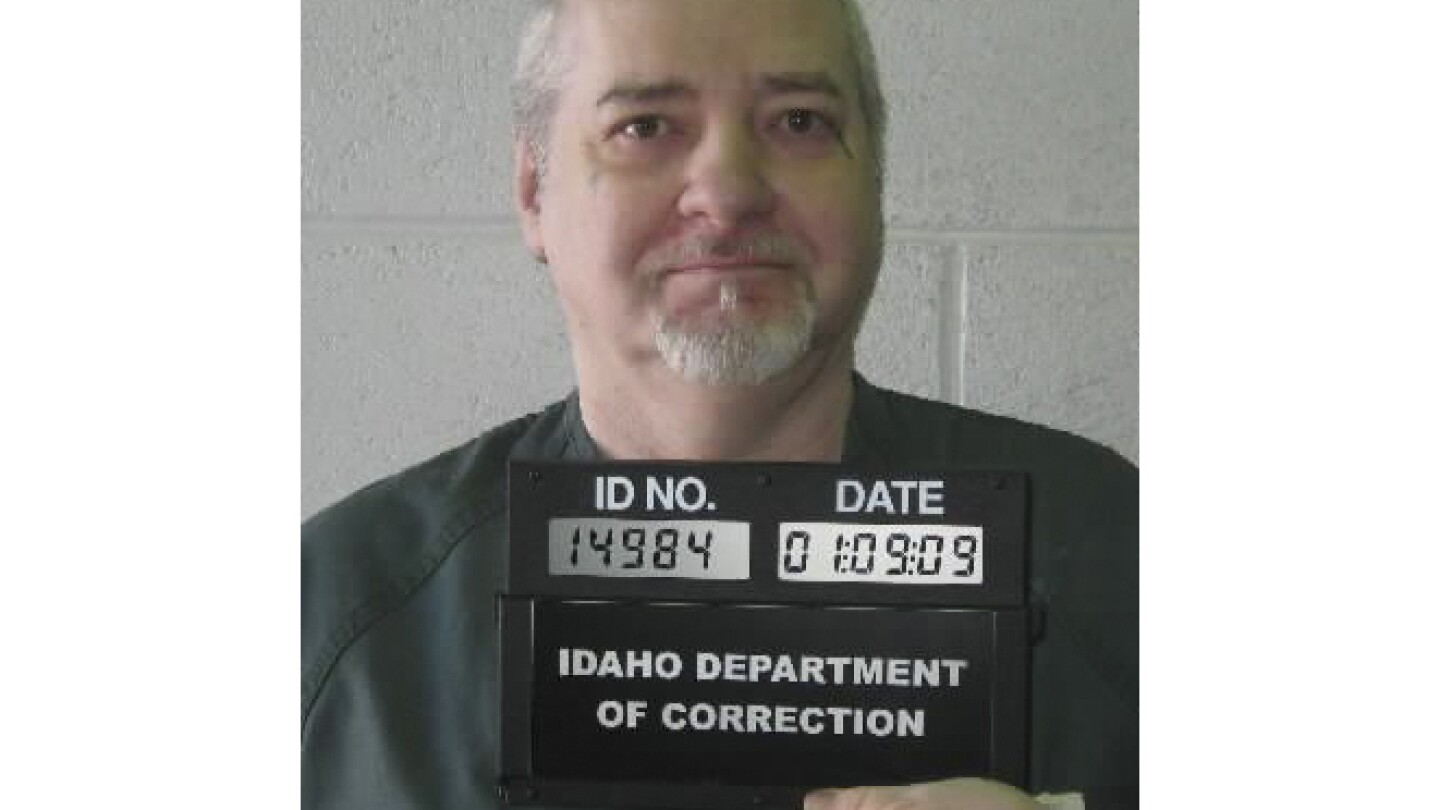The hour of Thomas Eugene Creech’s death has been set, and it is rapidly approaching.
On Wednesday morning Idaho prison officials will ask the 73-year-old if he would like a mild sedative to help calm him before his execution at the Idaho Maximum Security Institution south of Boise. Then, at 10 a.m. local time, they will bring him into the execution chamber and strap him to a padded medical table.
Defense attorneys and the warden will check for any last-minute court orders that would halt the execution of Creech, who is one of the longest-serving death row inmates in the U.S.
Barring any legal stay, volunteers with medical training will insert a catheter into one of Creech’s veins. He’ll be given a chance to say his last words, and a spiritual advisor may pray with him. Then the state will inject a drug intended to kill the man who has been convicted of five murders in three states and is suspected in several more.



Is it really used as a warning though? I presume it’s more like a statement of removing a constant danger from the population without keeping them permanently alone. To your point, if every person has value then you can’t just lock up inveterate murderers with other prisoners and put those prisoners in potential mortal danger.
I’m not sure this is how the death penalty is used in practice since the appeals process is so long, but I’d be hard pressed to think of a punishment worse than perpetual solitude in a small concrete box until you naturally expire decades later with no hope of ever leaving.